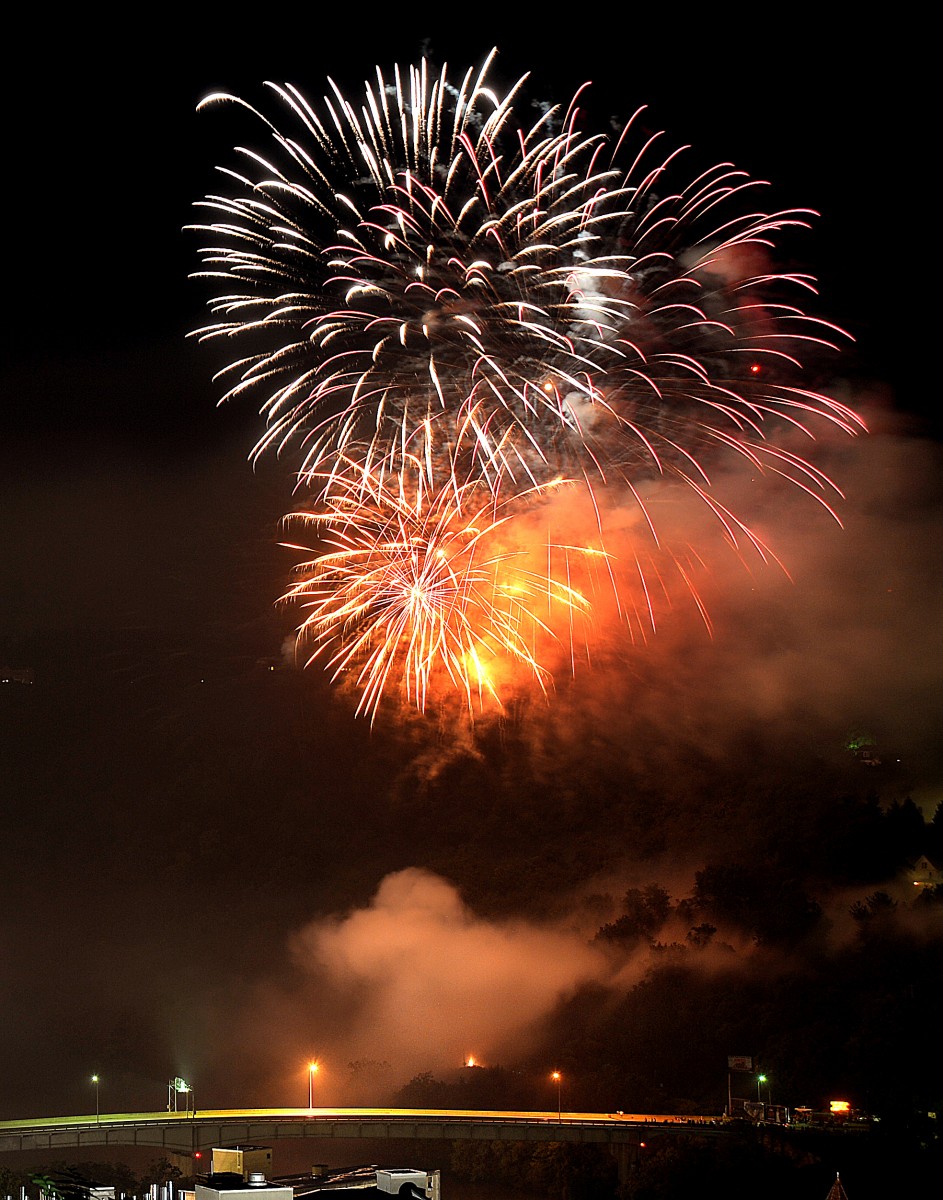Fireworks can cause injuries ranging from a minor burn to a missing hand, so handling them carefully should probably be a priority.
“First and foremost follow the manufacturer recommendation,” Morgantown Fire Chief Mark Caravasos said. “Most fireworks have instructions on how to safely discharge them.”
Fireworks should be set off in an open area, that’s now crowded and where there aren’t buildings or debris that would prevent a firework from being collected after it lands, Caravasos said.
More than 16,000 fires a year are caused by fireworks, according to the National Fire Protection Association. The association disapproves of consumer fireworks. Even a sparkler can cause third-degree burns — they burn at 1,200 degrees.
Additionally, fireworks are not allowed in Morgantown. Setting fireworks off in the city can result in a fine from $100-$500.
“It’s against city code to ignite consumer fireworks in the city,” Caravasos said. “This is done for the safety of our residents. Consumer fireworks are anything other than sparklers and novelties.”
Novelties are things such as party poppers or snap and pops, he said.
Furry friends
Dogs are commonly terrified of fireworks and frequently run away on the Fourth of July, according to the American Kennel Club.
“With most dogs, we suggest having them indoors,” Kris Snider, a registered vet technician at Veterinary Clinic, said. “It should be a place they’re familiar with.”
So, if the dog isn’t crate trained, don’t put them in one for something that only happens a few times a year, she said.
If you have to take your dog outside, make sure to use a leash, Snider said. It’s better to be at home with your dog though, she said, echoing the AKC’s recommendation.
Anxiety caused by fireworks can cause a dog real harm, Snider said. Signs of anxiety include pacing, panting, trembling and becoming destructive. Dogs can even inflict trauma on themselves in a panic.




